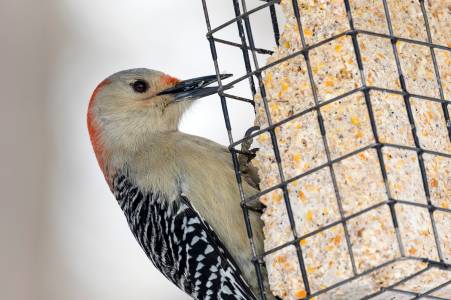Apricots are yummy fruits that are a huge favorite for many in the summer! Dogs also love this fruit. Thankfully the fruit itself safe for your dog. Apricots are filled with lots of nutrients that necessary for both you and your dog.
Connect with a verified veterinarian in minutes. Licensed vets are available 24/7 to answer your questions. No need to worry about your furry family member.
But what the apricot pit? Can an apricot pit poison your dog? Will an apricot pit make your dog sick?
Apricot Pits
Apricot pits contain the seeds of the apricot. Pits are used in many ways. For instance, the kernel (pit) is a by-product of processing the fruit. The pits can be made into soap, medication, and soaps.
Apricot Pits & Dogs
When you eat apricots, you usually throw them in the trash. That’s where they should be; however, your fur baby can easily access the pits, which is not a good thing.
This is because apricot pits contain cyanides, which are a group of substances. Cyanide is a very strong, deadly poison.
Why do plants contain cyanide? This is because cyanide is used as a defense, to keep insects and animals from eating them. This is a type of natural plant defense. In fact, cyanide is found in other fruits, nuts, and veggies including almonds, apples, lima beans, bamboo shoots, barley, peaches, cherries, and flaxseed.
Apricot pits can be toxic to dogs, so you want to keep your dog away from the pits. Accidents do happen, however. Dogs can be really quiet when they’re after something they want! If your dog can easily access or open the wastebasket, then he could potentially decide to eat the pit.

Review symptoms, medications & behavior to keep your pets healthy with a Vet Online in just minutes.
Ask a Vet Live NowSymptoms of Cyanide Poisoning in Dogs
You may notice these symptoms if your dog has eaten apricot pits:
- Watery eyes
- Vomiting
- Excessive drooling
- Convulsions
- Aggression
- Spasms in the legs
- Bloody stool
- Increased urination
- Seizures
- Difficulty breathing
- Diarrhea
If you notice these symptoms in your dog, call your vet right now. This is a medical emergency.
Remember to try to determine how many pits your dog may have eaten, and let the vet know.
Treatment of Cyanide Poisoning in Dogs
When you reach the vet’s, they will perform a physical exam of your dog. The vet will also run lab work and other tests that may be required.
If the diagnosis is cyanide poisoning, the vet may treat your dog with an antidote that’s called sodium thiosulfate and sodium nitrate. When given in time, these medications can save the dog. Your dog may need oxygen therapy, too, which is usually given at the same time as the antidote.
Other medications will be used to treat the other symptoms your dog is having.
Recovery will depend on how much of the cyanide your dog has had, and the length of time it took to obtain medical treatment. With prompt medical treatment, it is possible for dogs to go on to a full recovery.
Connect with a verified veterinarian in minutes. Licensed vets are available 24/7 to answer your questions. No need to worry about your furry family member.

Tom
Tom has always loved to write since he was little - he wanted to be either a writer or a veterinary doctor, but he ended up being a professional writer while most of his works are based on animals. He was born in San Francisco but later moved to Texas to continue his job as a writer. He graduated from the University of San Francisco where he studied biotechnology. He is happily married and a soon to be father!
Review symptoms, medications & behavior to keep your pets healthy with a Vet Online in just minutes.
Ask a Vet Live Now




